Many people want strong and healthy hair, especially as they grow older. Interestingly, your hair grows around 0.5 inches (1.25 cm) per month, and 6 inches (15 cm) per year. How fast it grows depends on factors like age, health, genetics and diet.
Although you can’t change factors like age and genetics, diet is one thing you have control over. In fact, consuming a diet lacking the right nutrients can lead to hair loss. On the other hand, eating a balanced diet with the right nutrients can help promote hair growth, especially if you’re experiencing hair loss due to poor nutrition.
Here are the best foods you can eat to promote hair growth.
EGGS
Eggs are a great source of protein and biotin, which are important for hair health and growth. A deficiency in either of these nutrients has been linked to hair loss.
BERRIES
Berries are loaded with compounds like antioxidants and vitamins that may promote hair growth. For example, strawberries are rich in vitamin C, which aids collagen production and iron absorption, two factors that may promote hair growth.
SPINACH
Spinach is loaded with folate, iron, and vitamins A and C, which may promote hair growth. A deficiency in these nutrients may result in hair loss.
FATTY FISH
Fatty fish like salmon, herring and mackerel are great sources of omega-3 fatty acids, which have been linked to improved hair growth and density. However, there are only a few studies in this area, so more are needed.
HALIBUT
Halibut is high in magnesium, which helps the body maintain healthy insulin levels. And diabetes has been linked to hair loss, so keeping your insulin levels regulated is important for a number of reasons. Yes, halibut is one of the best foods for hair growth, but it has plenty of other health benefits, too.
SWEET POTATOES
Sweet potatoes are loaded with vitamin A, which helps aid sebum production. Additionally, it has other factors that may help speed up the rate of hair growth.
CARROTS
When converted to vitamin A, beta-carotene protects against dry, dull hair and stimulates the glands in your scalp to make an oily fluid called sebum. So where do you find this elixir of the locks? Orange-colored fruits and vegetables are your best bet: Sweet potatoes, pumpkin, cantaloupe, and mangoes.
AVOCADOS
Avocados are rich in vitamin E, an antioxidant that may promote hair growth. Additionally, they are a great source of essential fatty acids, which appear to be crucial for hair growth.
NUTS
Nuts are packed with nutrients like vitamin E, B vitamins, zinc and essential fatty acids, all of which may promote hair growth and are linked to many other health benefits.
SEEDS
Like nuts, seeds like sunflower, flax and chia are rich in vitamin E and other nutrients that may promote hair growth. Some seeds also contain omega-3s, which have been linked to hair growth.
SHIITAKE MUSHROOMS
Copper is essential for keratin fiber strength, according to a Dermatologic Clinics report. The trace mineral may also help hair maintain its natural color and prevent graying, according to a 2012 Biological Trace Element Research study. A cup of cooked shiitake mushrooms contains 1,299 micrograms of the mineral, which is 145 percent of your RDA.
SWEET PEPPERS
Sweet peppers are a rich source of vitamins A and C, two nutrients that help ensure hair stays healthy and that may aid hair growth.
OYSTERS
Oysters are one of the best sources of zinc in the diet. This mineral helps support the hair growth and repair cycle.
SHRIMP
Shrimp are a great source of protein, B vitamins, zinc, iron and vitamin D, which may aid hair growth. They also provide a small amount of healthy omega-3 fatty acids.
BEANS
Beans are a great source of protein, iron, zinc and biotin, which are all essential for optimal hair health. Together, they may aid hair growth.
SOYBEANS
Soybeans are one of the best sources of spermidine, a compound that may prolong the active phase of hair growth.
MEAT
Meat is a great source of protein, which is essential for healthy, strong hair. Red meat, in particular, is rich in iron, which may aid hair growth
ALMOND BUTTER
Almond butter contains a wide variety of nutrients—including protein, healthy fats, and certain vitamins—that have all been linked to hair health. It’s the vitamin E content in the nuts that researchers say is particularly good for keeping your locks thick and lustrous. One small eight-month trial published in the journal Tropical Life Sciences Research found participants who supplemented daily with 100 milligrams of vitamin E saw an increase in hair growth by as much as 34 percent.
Just a tablespoon of almond butter provides nearly 3.87 milligrams of Vitamin E. The recommended daily Vitamin E allowance is 15 milligrams, so almond butter will put you well on your way, especially if you eat more than one tablespoon.
Don’t like almond butter? Regular almonds will help, too. According to the NIH, almonds are one of the best dietary sources of vitamin E. An ounce of dry roasted almonds provides one-third of your DV for fat-soluble vitamin E.
PEANUT BUTTER
Like almond butter, peanut butter is rich in vitamin E. If you love adding nut butters to your diet, it could help your hair, too.
TANGERINES
The benefits of tangerines affect your hair in a big way. Their vitamin C content makes it easier for your body to absorb iron, which is found in foods like red meat and spinach. Iron deficiency has been linked to hair loss, according to a study published in the Journal of Korean Medical Science, so it’s important to make sure you’re getting enough of it. And vitamin C foods will only help your body absorb that iron even more.
GUAVA
Guavas, like tangerines, are high in vitamin C. In a study published in the Journal of Clinical and Aesthetic Dermatology, a vitamin C supplement was found to promote “significant hair growth in women with temporary hair thinning.” Although we often think of oranges as the best source of vitamin C, one guava packs four to five times as much.
GREEK YOGURT
Ever notice what sits atop nearly every ancient Greek statue? A mop of thick, full, wavy hair. An artistic choice? Perhaps. But maybe it’s due to the thick, protein-rich yogurt that Greeks and other cultures have been eating for hundreds of years. Greek yogurt contains vitamin B5 (known as pantothenic acid), and B vitamins can help you maintain healthy skin and hair.
OATMEAL
Oats are rich in iron, fiber, zinc, omega-3 fatty acids and polyunsaturated fatty acids (PUFAs), which stimulate hair growth, making it thick and healthy.
LIVER
As we mentioned, iron deficiency can lead to hair loss, most notably in women. Iron is plentiful in our ol’ friend spinach (and other dark leafy greens), soybeans, lentils, fortified grains, and pasta. Liver may sound much less appetizing, but if you like pâté, your hair will benefit. Organ meats like liver have iron in abundance.
BARLEY
Like almond butter, barley is rich in vitamin E. It can help with hair growth, so eating foods high in this nutrient is always a good idea if you’re looking to add more foods for hair growth to your diet.
MARMITE
Marmite is a spread made from yeast extract, and it’s high in folic acid. The Australian condiment contains 100 micrograms of folic acid per serving, a quarter of the 400 micrograms of folic acid the CDC recommends women get each day.
FOODS FORTIFIED WITH VITAMIN D
In most diets, fortified foods provide the bulk of the vitamin D. Some foods that tend to be fortified include:
- breakfast cereals
- orange juice
- yogurt
- margarine
- soy drinks
Other foods that contain vitamin D include:
- fatty fish
- beef liver
- cheese
- mushrooms
L-lysine Sources
Certain amino acids in protein-rich foods may help promote hair growth, and L-lysine is one example. L-lysine is also present in the hair’s root, and it is responsible for the shape and volume of the hair. An L-lysine deficiency can cause hair loss, but getting enough of this amino acid can prevent this issue and promote regular hair growth.
People can take L-lysine supplements. It also exists, as dietary protein, in the following foods:
- meat
- eggs
- beans
- lentils
- nuts
- spirulina
A lack of the right nutrients including vitamins A, C, D and E, zinc, B vitamins, iron, biotin, protein and essential fatty acids may slow down hair growth or even cause hair loss. Fortunately, correcting a deficiency in any of these nutrients may help treat hair loss and promote the rate of hair growth.
If you think you’re lacking any of these nutrients, try adding some of the above foods to your diet.
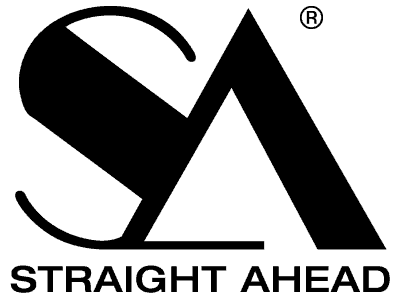

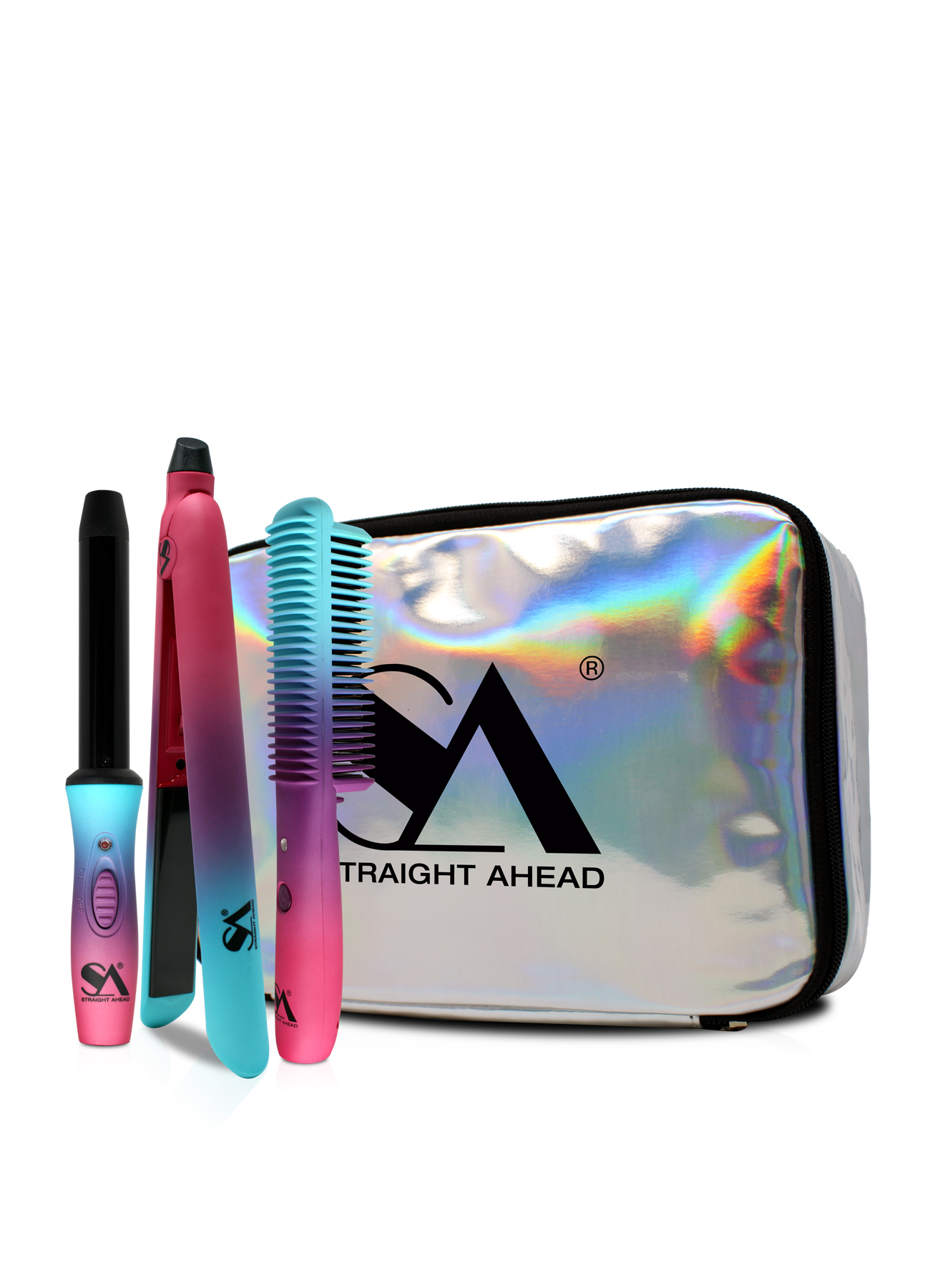
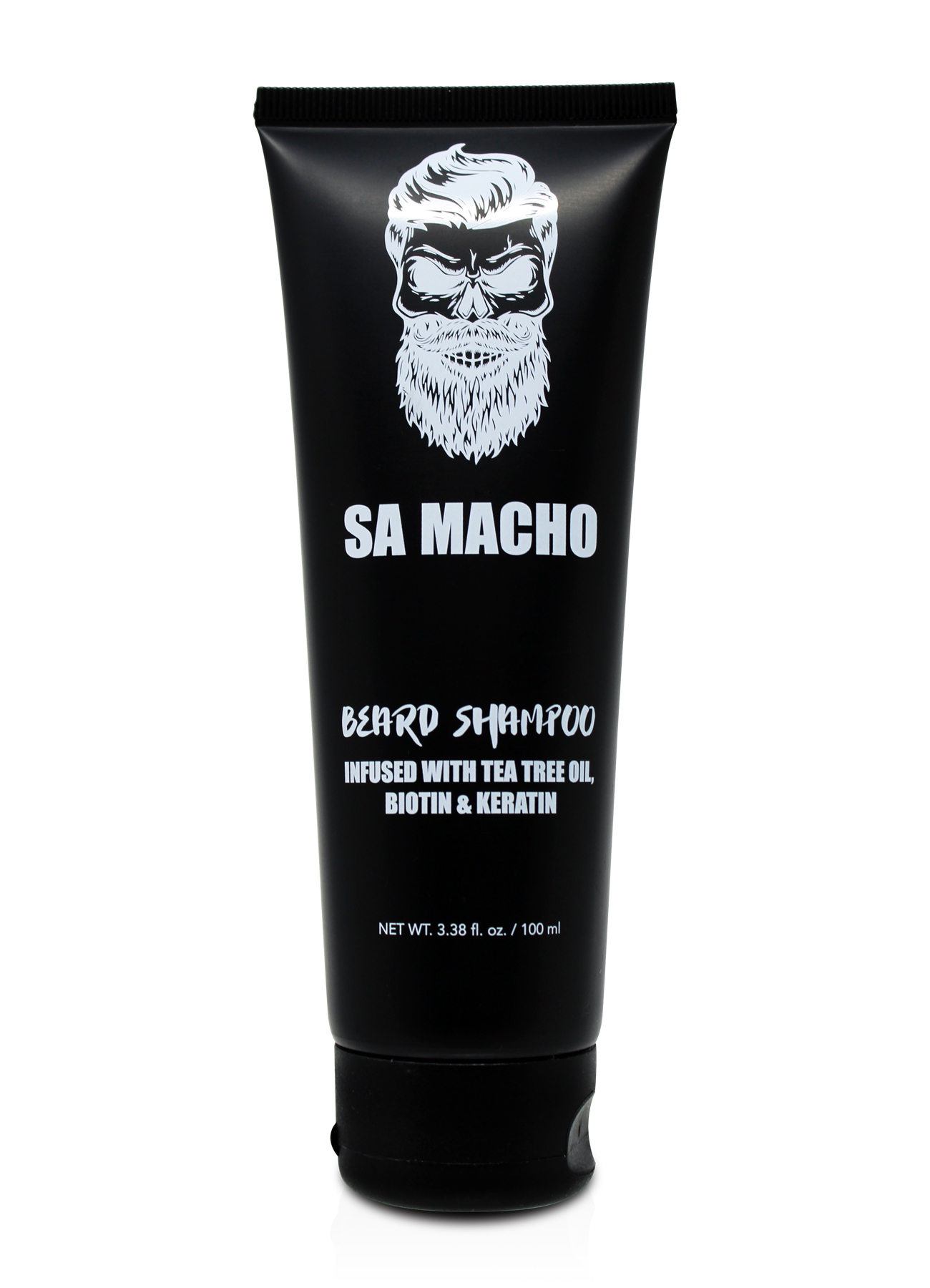
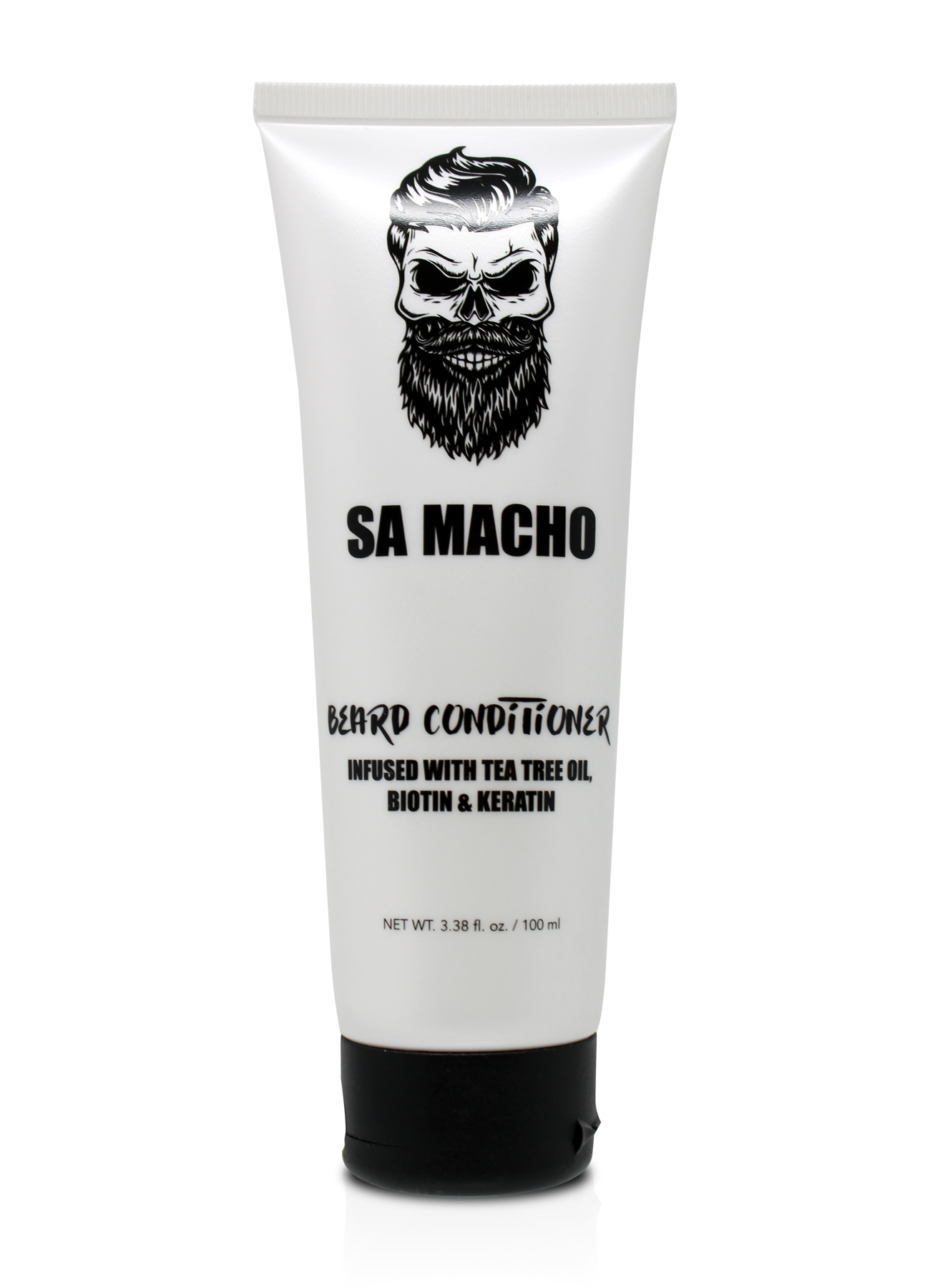
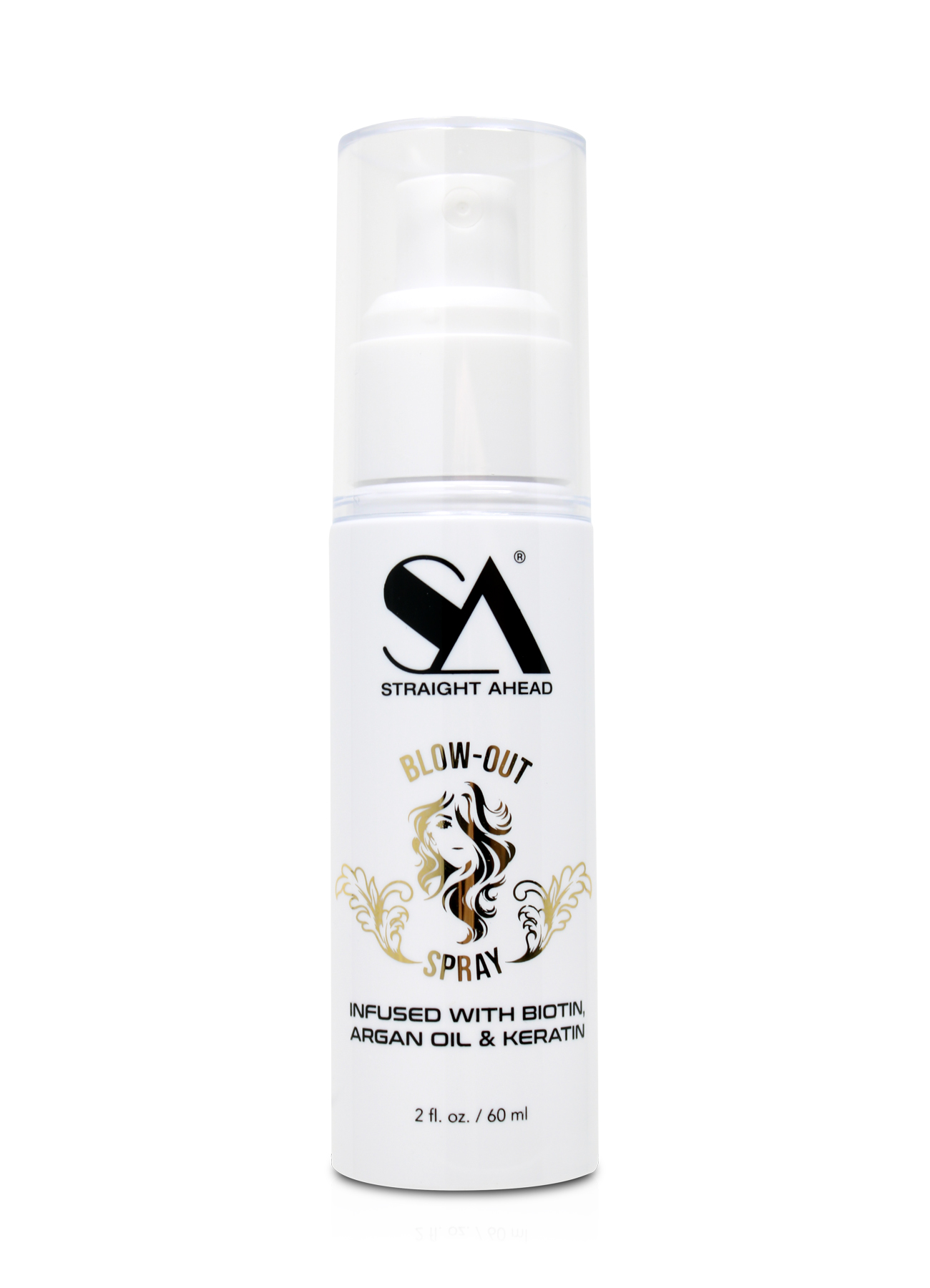


Amit Chavan
Hair growth is an issue for too many people. I think this article will help them. Thanks